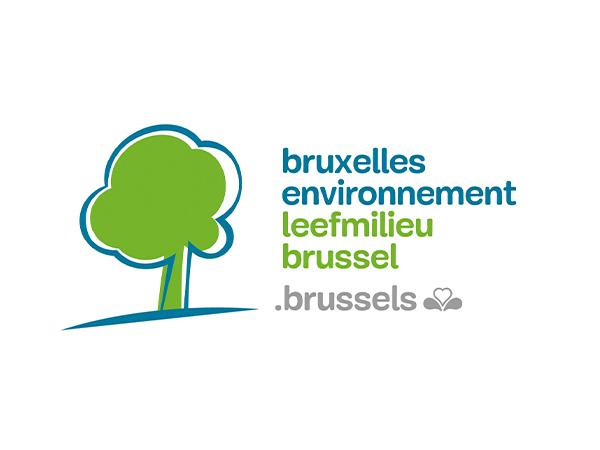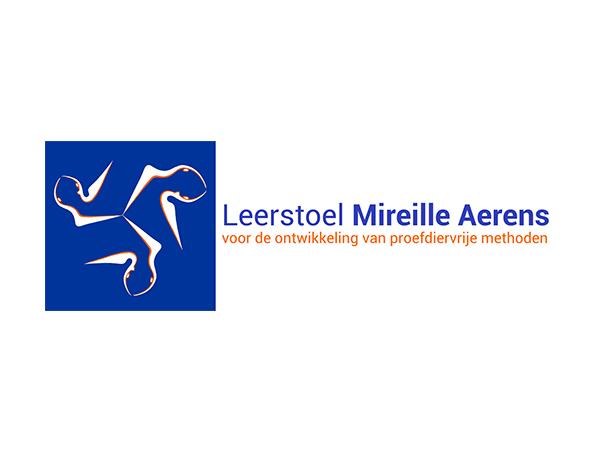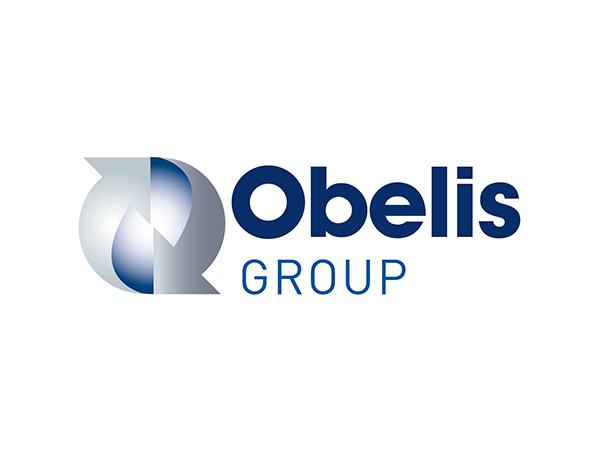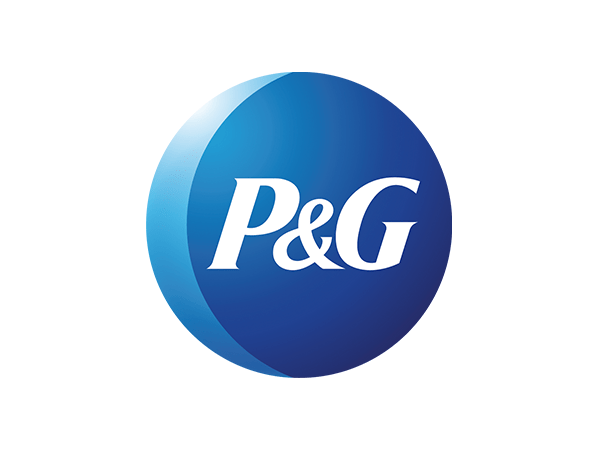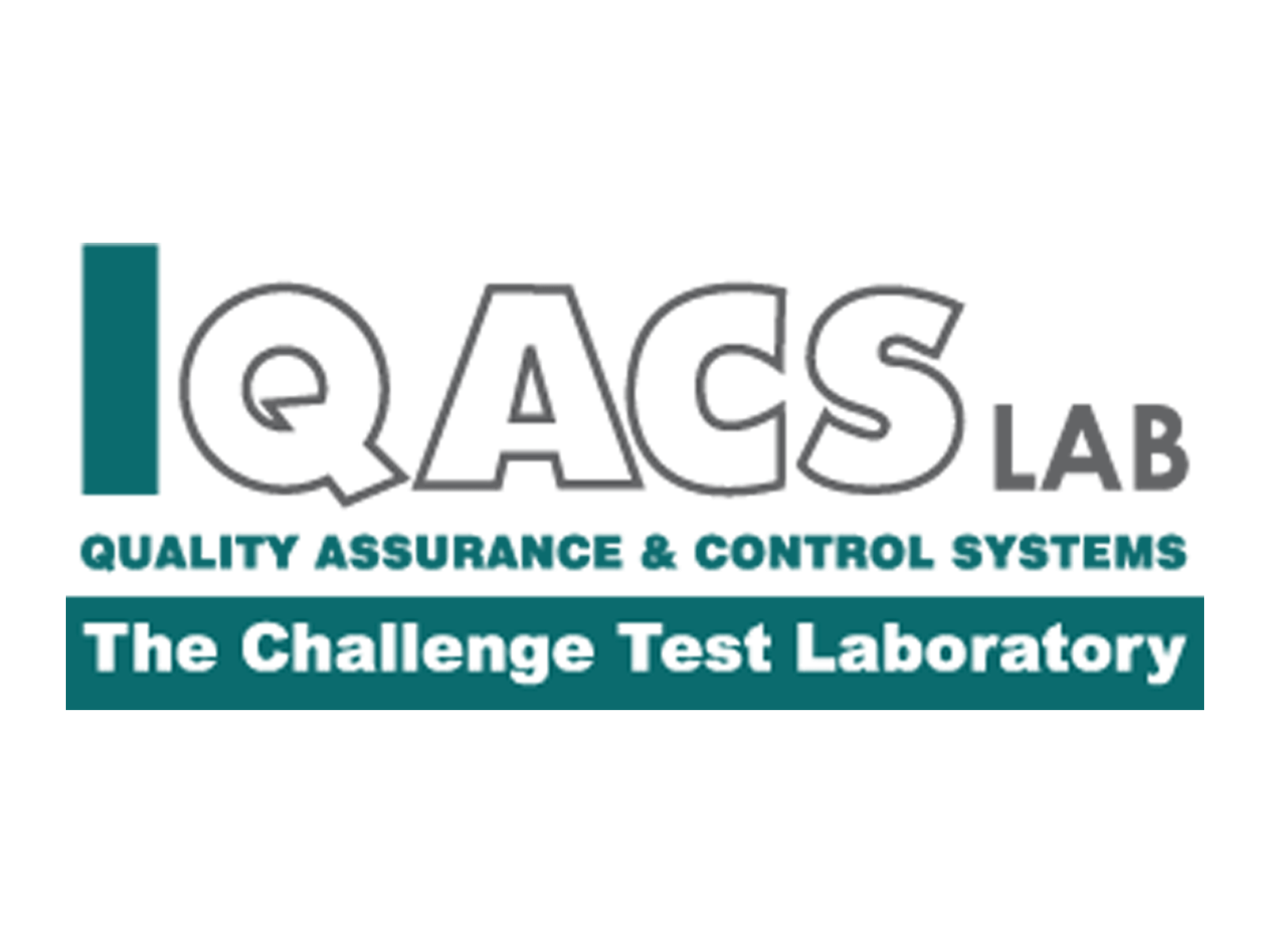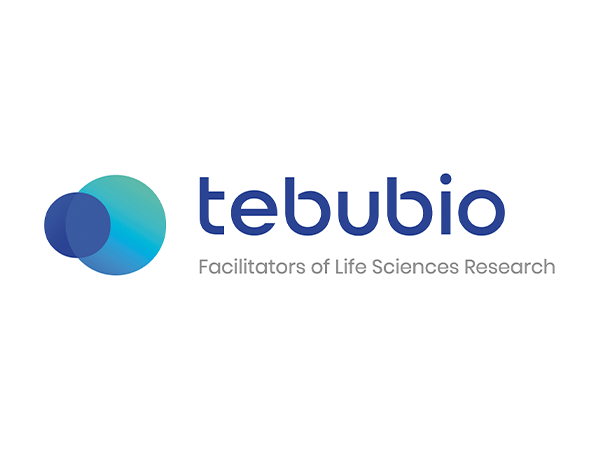8th IC-3Rs Symposium 2025
Monday 15 September 2025
Scientific innovation only gains true significance when it leads to real-world impact. The 2025 edition of the IC-3Rs Symposium focuses on the transition from emerging technologies to practical, actionable solutions that are already being implemented in scientific research.
Accelerating the Shift Away from Animal Testing
This 8th edition places a strong emphasis on advanced technologies that support the replacement of animal testing. Key highlights include:
- Multi-organ-on-chip systems that replicate human organ functions using microchip technology.
- Innovative methods for assessing skin sensitization without the use of animals.
Next-Generation Strategies for the 3Rs
Equally important are strategies that challenge the traditional reliance on animal models. For example:
- Virtual control groups in pharmaceutical development offer statistically robust alternatives that, once implemented and approved by the EMA, can significantly reduce the number of animals used in regulatory studies.
- Animal-free antibodies are becoming more reliable and reproducible, thanks to advances in biotechnology.
Digital Tools and Automation for Refinement
New digital tools are also transforming how researchers work:
- Virtual reality is redefining training and surgical procedures, allowing for refinement of techniques while minimizing harm.
- Automated systems for detecting signs of pain or distress in animals are enhancing both animal welfare and scientific integrity.
A Platform for Collaboration and Progress
The Symposium provides an ideal platform for national and international experts to explore how these interdisciplinary tools are accelerating the transition to more animal-free research. Discussions will focus on their broader implications for both scientific progress and animal welfare, particularly in the pharmaceutical and biotechnology sectors. Whether you're a researcher, policy-maker, or simply interested in the future of 3Rs science, this Symposium offers a unique opportunity to be part of the shift from theory to practice.
Discover the technologies redefining the 3Rs landscape. We look forward to welcoming you on September 15th!
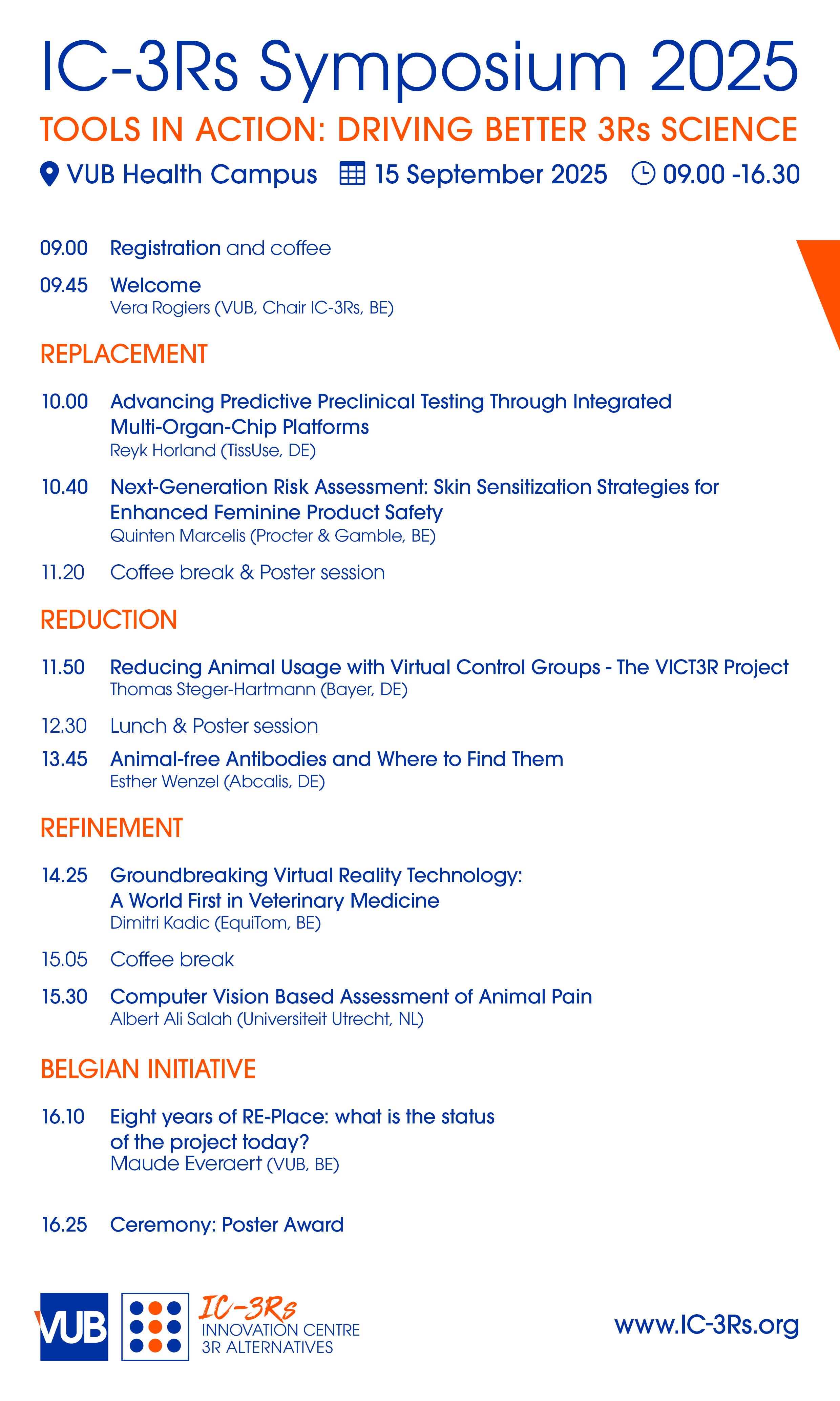
Our 2025 Speakers
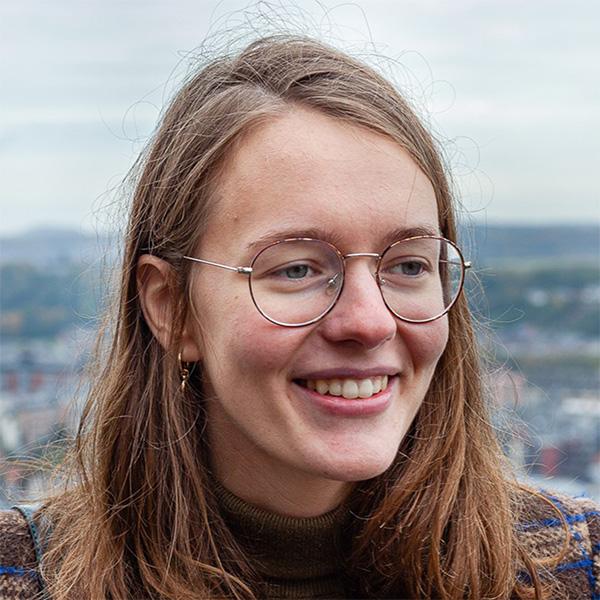
Maude Everaert
Vrije Universiteit Brussel, BE
After completing a Master’s degree in Biomedical Sciences at the University of Mons and gaining initial experience in clinical trials at the Military Hospital in Brussels, Maude Everaert joined the Vrije Universiteit Brussel (VUB) in 2022 within the In Vitro Toxicology and Dermato-Cosmetology (IVTD) Department.
She works as a scientist on the RE-Place Project, which aims to centralize Belgian expertise in alternative methods to animal testing in a central database. Her responsibilities include expanding and maintaining the database, updating the project website, and engaging with the Belgian scientific community through events and outreach to increase the visibility of the project.
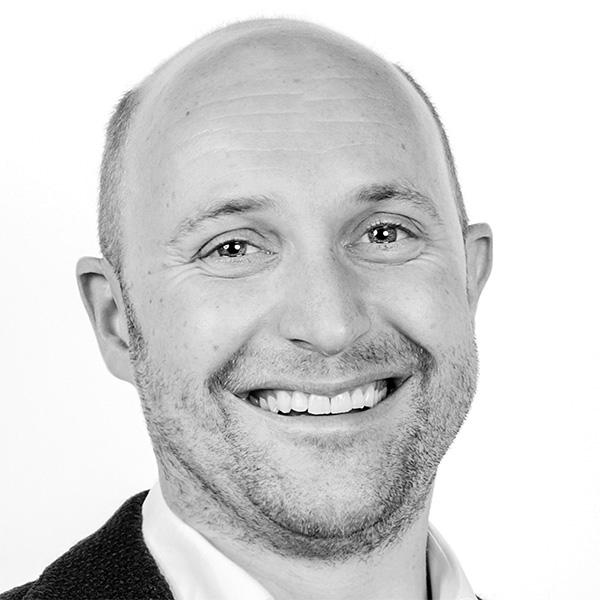
Reyk Horland
TissUse, DE
Reyk studied biotechnology with a focus on medical biotechnology. He received his doctorate degree (summa cum laude) in biotechnology from the Technische Universität Berlin. Early in his career, his research activities focused on adult human stem cells and their application in cell therapies. During his stay at the Department of Medical Biotechnology at TU Berlin he broadened his research activities toward the development of complex 3D tissue models for substance testing.
In 2010, Dr. Horland joined the “Multi-Organ-Chip” project which was awarded funding by the highly prestigious GO-BIO grant of the German Federal Ministry of Education and Research (BMBF). His research responsibilities focused on various aspects of tissue engineering, e.g. in vitro blood vessels for drug screening.
Between 2012 and 2015, Reyk was responsible for all Business Development activities of TissUse GmbH, a spin-off company dedicated to commercializing the results of the GO-BIO “Multi-Organ-Chip” project. There he succeeded in acquiring clients from pharma and cosmetics industry as early adopters of the technology while further developing and strengthening the contract service panel of TissUse. He devised and supervised TissUse HUMIMIC product launch campaign, introducing one of the first Organ-on-a-Chip products to the market in 2014.
In 2015, Dr. Horland was promoted to senior management of TissUse as VP of Business Development. Under his leadership, the company has seen a remarkable annual sales growth rate utilizing its hybrid business model approach of offering customized services and highly innovative products to clients worldwide.
Dr. Horland was appointed CEO of TissUse in October 2020. His business network includes leading pharmaceutical and consumer product companies as well as regulatory authorities and outstanding research institutions worldwide.
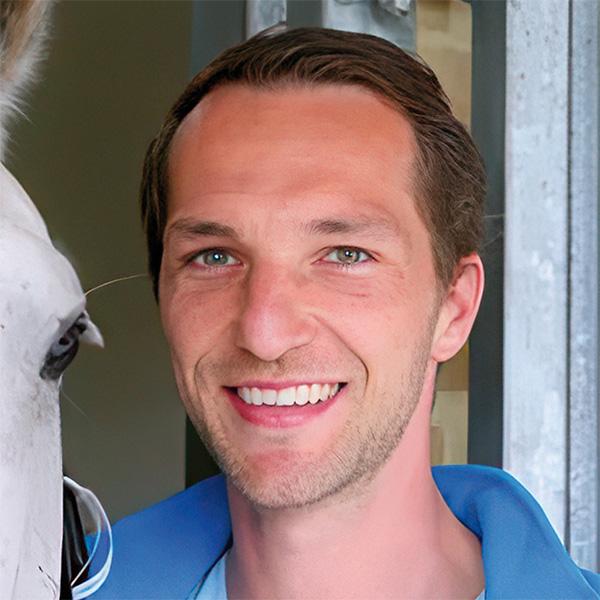
Dimitri Kadic
EquiTom, BE
Dimitri graduated as a veterinarian from the University of Ghent, Belgium in 2014.
After completing an internship program in Germany (Tierklinik Lüsche) and another one in the UK (Newmarket Equine Hospital), he started his 3 year residency program in Equine Surgery at the University of Montreal, Canada in 2017.
He successfully completed the specialty training requirements and examination and got certified as a Diplomate of the American College of Veterinary Surgeons (ACVS) in 2021 and shortly after got the certification of the European College of Veterinary Surgeons (ECVS).
Dimitri reinforces the surgical team of Equitom Equine Clinic since August 2020 and is responsible for the internship program.
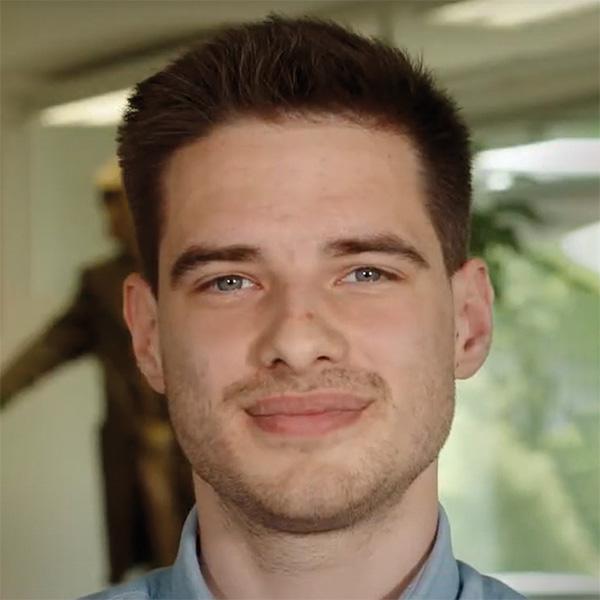
Quinten Marcelis
Procter & Gamble, BE
Quinten Marcelis is currently a Toxicologist at Procter & Gamble, having joined the company in 2024. In this role within the Global Product Stewardship team, he has global responsibility for human safety of Hard Surface Cleaners, including products such as Mr. Propre and Viakal. He is also an active member of the P&G Contact Dermatitis Team, working to ensure the safety of P&G’s product portfolio.
Prior to this position, Quinten completed a PhD at VUB, at the In VitroToxico-Dermatocosmetology Department. His research, conducted in collaboration with Sciensano, centered on developing a generic safety assessment strategy for feminine intimate products. This work addressed critical needs from both consumers, industry and regulators regarding chemicals in menstrual hygiene products.
Quinten has presented his PhD research at various (inter)national conferences and poster sessions, contributing to the dialogue on safety assessment methodologies.
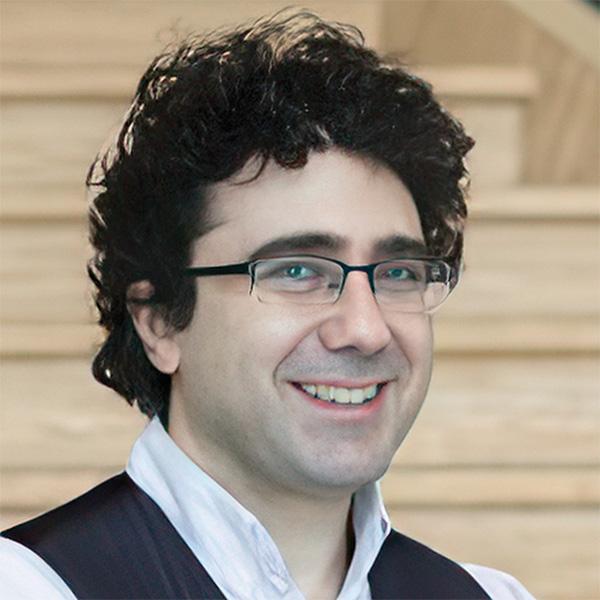
Albert Ali Salah
Universiteit Utrecht, NL
Albert Ali Salah is a professor and chair of Social and Affective Computing at the Information and Computing Sciences Department of Utrecht Univ. He obtained his PhD in 2007 from Bogazici University, and worked at CWI, University of Amsterdam, Nagoya University, and Bogazici University, before initiating the Social and Affective Computing group at Utrecht. His research is broad, but mainly uses pattern recognition and machine learning for computer analysis of human behavior. He is a member of the AI and Animal Welfare Lab at Utrecht University, which is a collaboration between ICS and Veterinary Sciences. He currently serves in the Steering Boards of ACM ICMI and IEEE FG conferences, as an associate editor of journals Pattern Recognition and Int. Journal on Human-Computer Studies, and as VP Conferences for the IEEE Biometrics Council. He is a Senior Member of IEEE and ACM.
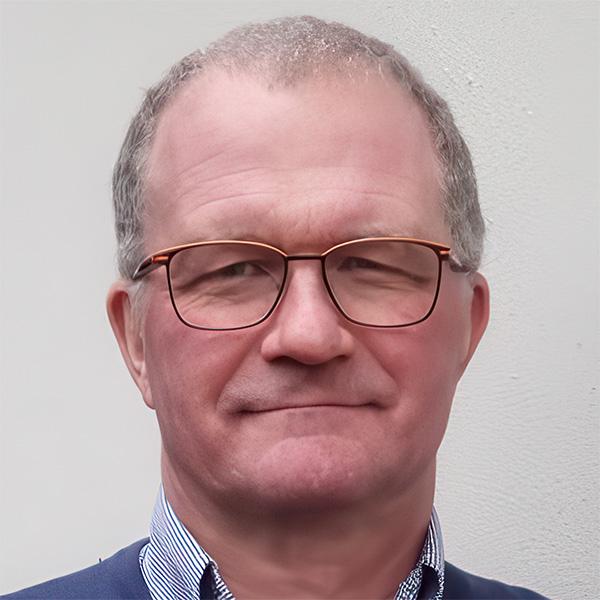
Thomas Steger-Hartmann
Bayer, DE
Dr. Thomas Steger-Hartmann (VP) led the department Investigational Toxicology and subsequently the In Vitro Safety Subcluster at Bayer AG, Pharmaceuticals, Germany until September 2024. Thomas has more than 29 years of experience in the field of preclinical assessment of pharmaceuticals. He is a trained biologist with a diploma from the University of Freiburg i.Br., an M.Sc. degree from the University of Michigan and a PhD from the University of Freiburg i.Br., Germany. He is a Eurotox registered toxicologist.
Thomas was deputy leader of two European Innovative Medicines Initiative (IMI) projects (eTox and eTransafe) which focussed on data science approaches for preclinical safety assessment. Since September 2024 Thomas leads a a new consortium under the Innovative Health Initiative (IHI) for the advancement of virtual control groups with the name VICT3R (“VICTER”), contributing to the reduction of animal use in safety studies.
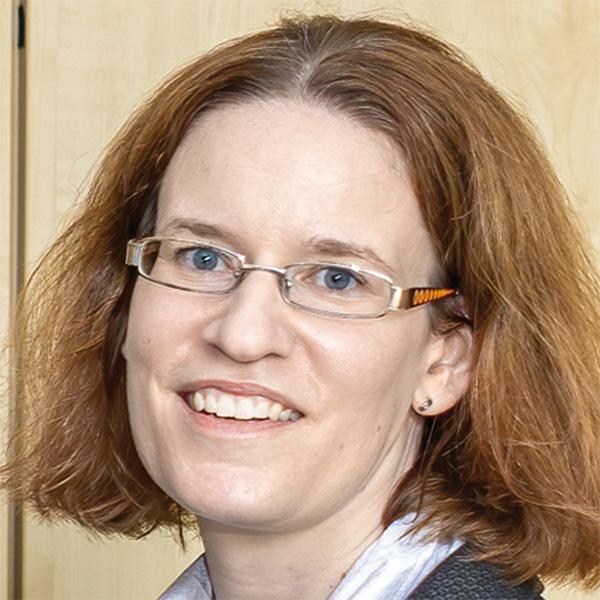
Esther Wenzel
Abcalis, DE
Dr. Esther Wenzel is COO and Co-Founder of Abcalis GmbH, a biotechnology spin-off from TU Braun-schweig specializing in the production of fully animal-free antibodies using phage display. She holds a PhD in Biotechnology and brings over two decades of experience in diagnostic test development, cell culture, and innovative animal-free techniques, including 3D cell cultures and spheroids as alterna-tives to animal tissue.
Since the early 2000s, Dr. Wenzel has been committed to advancing non-animal methods in biomedi-cal research. In 2016, she developed fully human, animal-free antibodies against diphtheria toxin, currently under FDA review as a replacement for equine serum therapeutics. She co-invented Mul-ticlonal Antibodies, a standardized, animal-free alternative to polyclonal antibodies, and established high-throughput platforms for functional antibody testing.
To bring these innovations to market, Dr. Wenzel co-founded Abcalis GmbH in 2019. The company has received multiple awards for its work, including the 1st ECEAE prize for Animal-free Antibodies, the Lower Saxony Innovation Award and the Braunschweig Start-up Award. Beyond product development, Dr. Wenzel also offers consulting services to help laboratories transition to animal-origin-free research — supporting ethical, scalable, and reproducible scientific solutions.
CALL FOR ABSTRACTS
FOR POSTER PRESENTATIONS
You are kindly invited to submit your abstract for a poster presentation at the 8th annual IC-3Rs Symposium 2025. Posters will be displayed the whole day, poster sessions are organised during the coffee and lunch breaks.
Abstract topics should focus on the 3Rs Principle in its broadest sense:
- Drug development and research, toxicology, risk assessment…
- Alternative methods and New Approach Methodologies (NAMs) such as organoids, spheroids, organ-on-chip, in silico modelling, omics, NGRA…
- Reduction and Refinement techniques, ethical considerations, legislative aspects…
Attendees who submit an abstract are entitled to a reduced registration fee (€20) for the Symposium. Please indicate it when registering for the event.
Missed the first deadline to submit your abstract for the IC-3Rs Symposium? You have got another chance!
We have extended the abstract submission deadline until 18th of August. Don't miss this opportunity to showcase your research to peers in the 3Rs community.
POSTER COMPETITION
Young scientists who submit an abstract will compete for the best poster presentation (250€). Anyone working in the field of 3Rs is free to submit an abstract, but only master students, PhD students and postdocs are eligible for the competition.
All attendees are invited to vote for their favourite poster. A QR code to the voting form will be available onsite and in the Symposium booklet. The best poster award will be attributed at the end of the Symposium.
WHY SUBMIT?
- Present your work to a dedicated audience
- Benefit from a reduced registration fee (€20)
- Young researchers can compete for a €250 prize!
HOW TO SUMIT YOUR ABSTRACT?
- Prepare your abstract (approximatively 2000 characters) using the following template
- Send your abstract by (extended deadline) 18/08/2025 to abstracts@ic-3rs.org
- After the deadline, we will inform you if your abstract is accepted for a poster presentation
- Don’t forget to bring your poster in A0 (841 x 1189 mm) portrait format at the Symposium (attachment material will be provided for you).
If you have any questions regarding the call for abstracts, please contact us via abstracts@ic-3r.org

